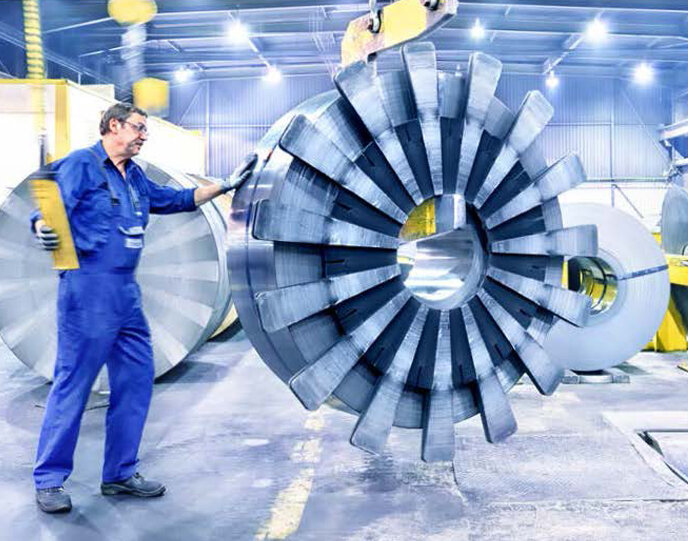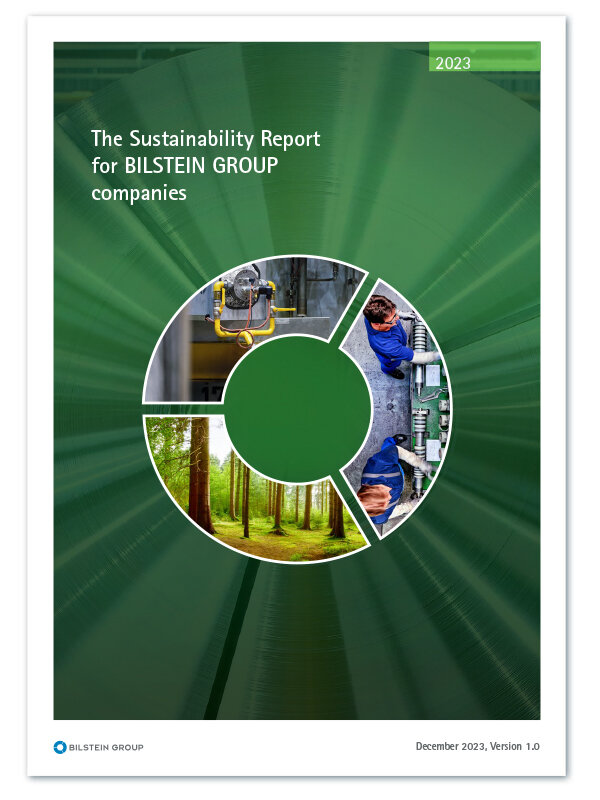We use cookies
Show details
About cookies
Cookies are small text files used by websites to make the user experience more efficient. By law, we can store cookies on your device if they are strictly necessary for the operation of this site. For all other cookie types we need your permission.
This site uses different types of cookies. Some cookies are placed by third parties that appear on our pages. You can change or withdraw your consent at any time from the cookie statement on our site.
Find out more about who we are, how you can contact us and how we process personal data in our privacy policy.
Cookie declaration
Necessary
Necessary cookies help make a website usable by enabling basic functions such as page navigation and access to secure areas of the website. The website cannot function properly without these cookies.
| Name | Provider | Purpose | Expiry | Type |
|---|---|---|---|---|
| CookieConsent | bilstein-steelfiber.de | Saves the user's consent status for cookies on the current domain. | 1 Jahr | HTTP |
| _pc_vis | bilstein-steelfiber.de | Tracks individual sessions on websites, so the website can compile statistical data from multiple visits - this data can also be used to generate leads for marketing purposes. | 1 Jahr | HTTP |
| _pc_ses | bilstein-steelfiber.de | Tracks individual sessions on websites, so the website can compile statistical data from multiple visits - this data can also be used to generate leads for marketing purposes. | Session | HTTP |
Preferences
Preference cookies allow a website to remember information that affects the way a website behaves or looks, such as your preferred language or the region you are in.
We do not use these types of cookies.
Statistics
Statistics cookies help website owners understand how visitors interact with websites by collecting and reporting information anonymously.
| Name | Provider | Purpose | Expiry | Type |
|---|---|---|---|---|
| _ga | Stores a unique identifier that is used to create statistical data about how the visitor uses the website. | 2 Jahre | HTTP | |
| _ga_* | Collects data on how often a user has visited a website, as well as data for the first and last visit. Used by Google Analytics. | 2 Jahre | HTTP |
Marketing
Marketing cookies are used to follow visitors around websites. The intention is to show ads that are relevant and engaging to the individual user and therefore more valuable to publishers and advertising third parties.
We do not currently use these cookies.
| Name | Provider | Purpose | Expiry | Type |
|---|---|---|---|---|






